The AI Lawsuit - Detailed Legal Case Insights
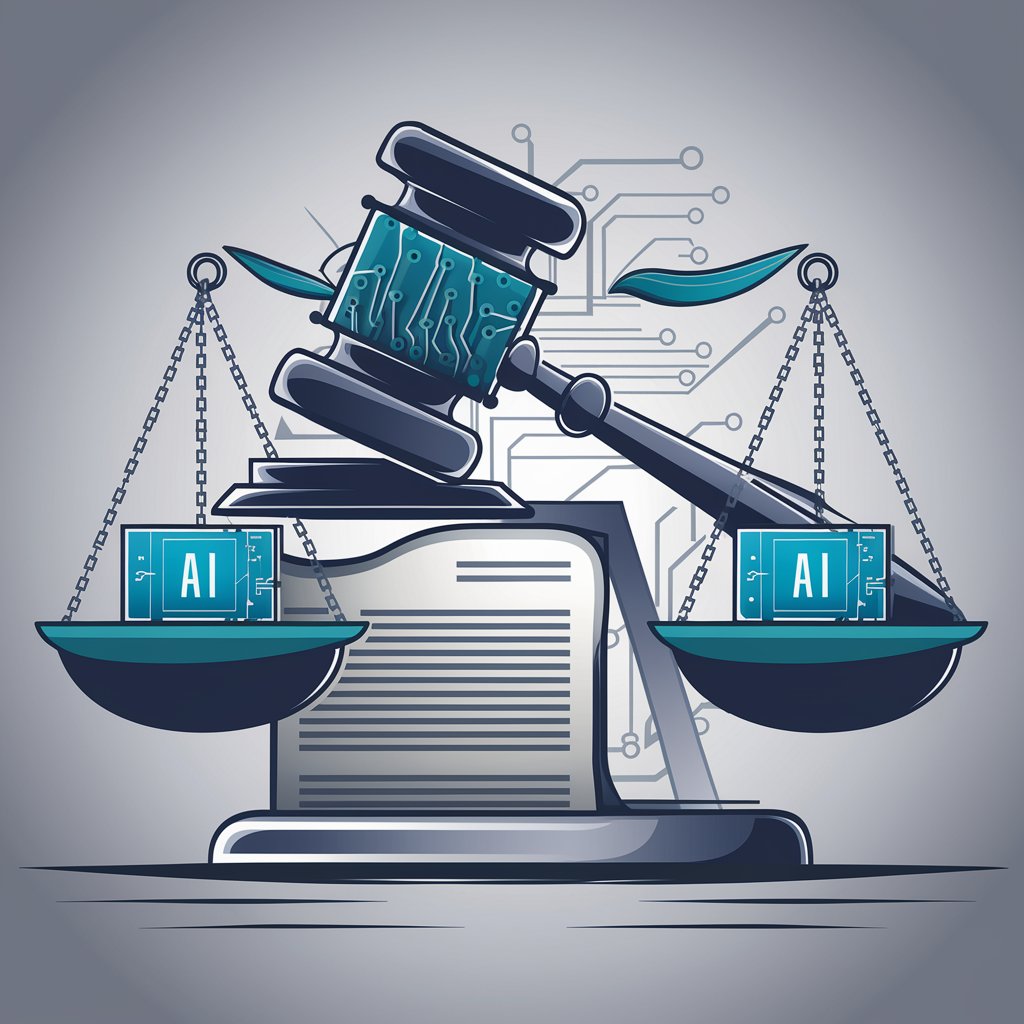
Welcome! How can I assist you with insights into the NYT vs. Microsoft/OpenAI lawsuit today?
Deciphering Complex Legal Battles, AI-Powered
Explain the key legal arguments presented by The New York Times in their complaint.
What are the potential implications of this lawsuit for AI technology and the media industry?
Describe how copyright law is being interpreted in this case.
Summarize the main points of the defendants' response to the allegations.
Get Embed Code
Overview of The AI Lawsuit
The AI Lawsuit is a specialized chatbot designed to provide detailed analysis and insights into the legal case involving The New York Times, Microsoft, and OpenAI, based on the complaint filed on December 28, 2023. It is programmed to dissect complex legal arguments, interpret legal terminology, and discuss the implications of the case, offering a deep dive into the specifics of the legal proceedings. The design purpose of The AI Lawsuit is to make legal information more accessible to a wider audience, breaking down the intricacies of the lawsuit into understandable segments. For example, if a user is curious about the copyright infringement allegations made by The New York Times against OpenAI, The AI Lawsuit can explain the legal basis for these claims, the relevant laws in question, and the potential implications for both parties involved. Powered by ChatGPT-4o。

Core Functions of The AI Lawsuit
Legal Analysis
Example
Explaining the legal framework surrounding copyright laws as they apply to AI-generated content.
Scenario
A user is interested in understanding how copyright law is being interpreted in the case of AI-generated summaries of copyrighted news articles.
Terminology Interpretation
Example
Defining 'fair use' and its criteria in the context of the lawsuit.
Scenario
A law student seeks clarity on the concept of 'fair use' as it is argued in the lawsuit, to apply this understanding in their studies.
Implications Discussion
Example
Analyzing potential outcomes of the lawsuit and their impact on the future of AI technologies and copyright practices.
Scenario
A tech company executive seeks insights on how the lawsuit's outcome could influence their business strategies and product development.
Target User Groups for The AI Lawsuit
Legal Professionals
Lawyers, paralegals, and law students who require an in-depth understanding of the case specifics, legal arguments, and potential implications for the field of copyright law and AI technology. They benefit from the service by gaining a clearer understanding of complex legal principles and arguments presented in the lawsuit.
Journalists and Researchers
Individuals researching or reporting on the intersection of technology and law, especially those focused on AI, copyright, and digital media. They use The AI Lawsuit to obtain detailed, accurate information to support their articles, reports, or academic papers.
Tech Industry Stakeholders
Executives, developers, and policy makers in the tech industry who need to understand the legal landscape affecting AI technologies. They benefit from insights into how the lawsuit might shape legal precedents, regulatory frameworks, and innovation strategies.

Guidelines for Using The AI Lawsuit
1
Visit yeschat.ai for a free trial without login, also no need for ChatGPT Plus.
2
Select 'The AI Lawsuit' from the available chatbot options to focus on legal case analysis.
3
Input your queries related to the New York Times, Microsoft, and OpenAI lawsuit, ensuring they are clear and specific.
4
Review the detailed analysis and insights provided, which break down complex legal arguments and terminology.
5
Utilize the tool's insights for research, legal study, or understanding the broader implications of the case.
Try other advanced and practical GPTs
AI Art Therapy
Visualize Emotions, Heal Through Art

Gamers Guide to ChatGPT
Empowering Game Development with AI
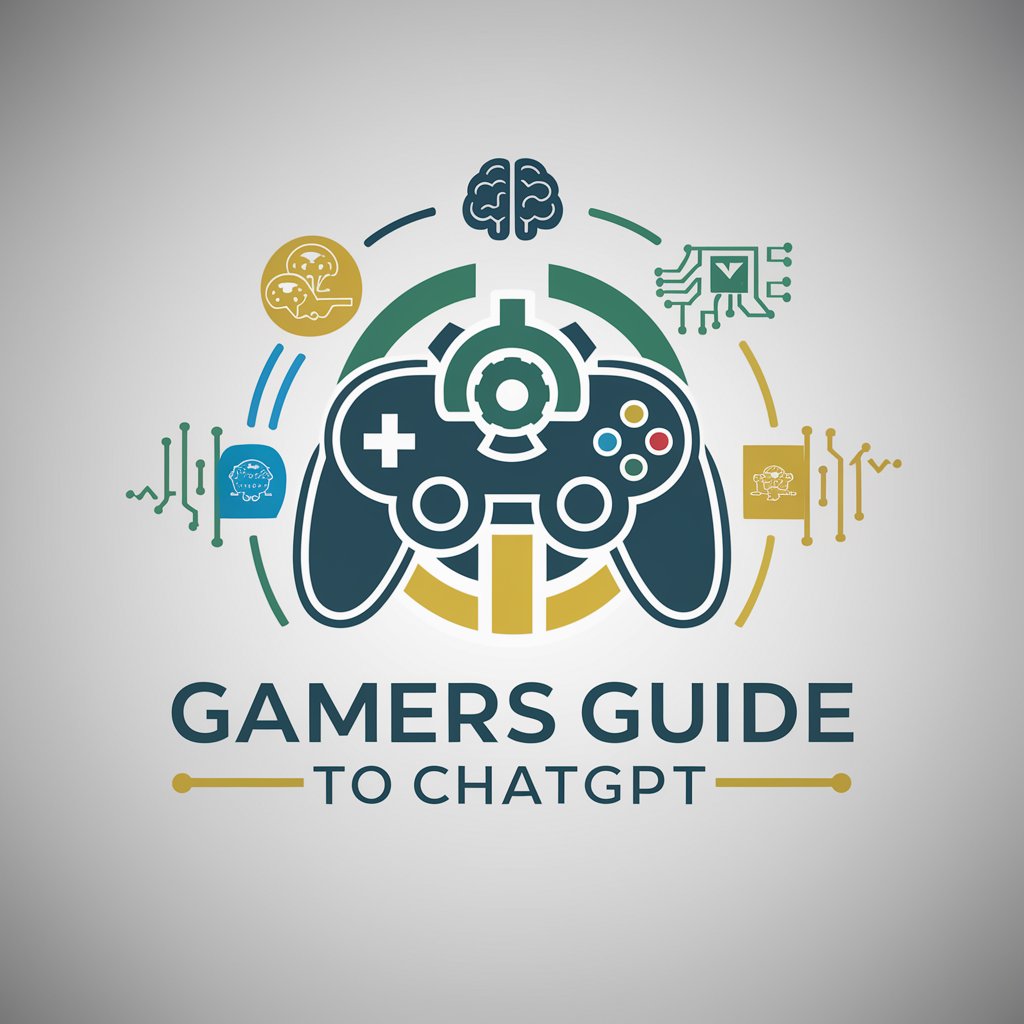
平綾マリ『ごめんさない』が上手く言えなくて
Crafting Sincere Apologies with AI
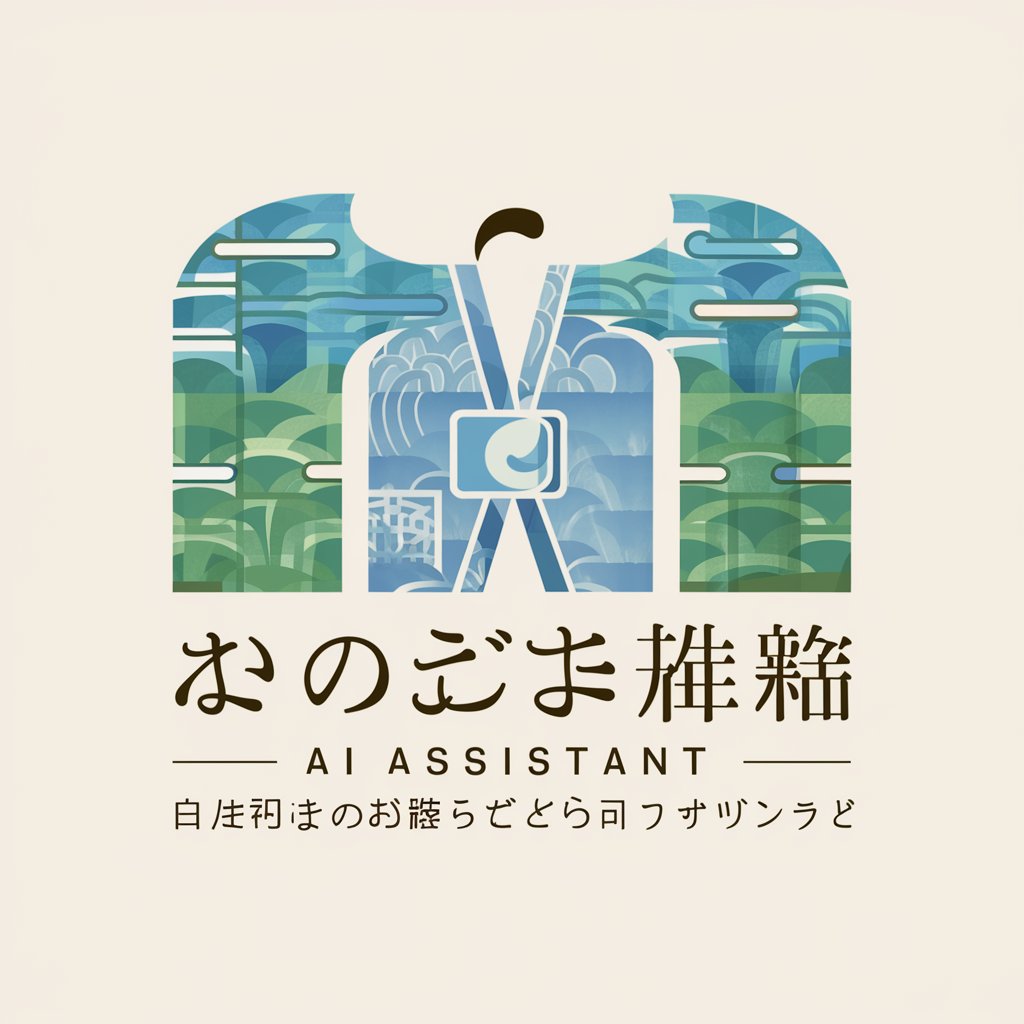
Budget Business Creation Expert
Empowering Entrepreneurs with AI-driven Strategies

Fix Gaming Channel
Elevate Your Gaming Experience with AI

Expert Tutor
Empowering Learning with AI

Fantasy Prompter
Bring Fantasy Worlds to Life
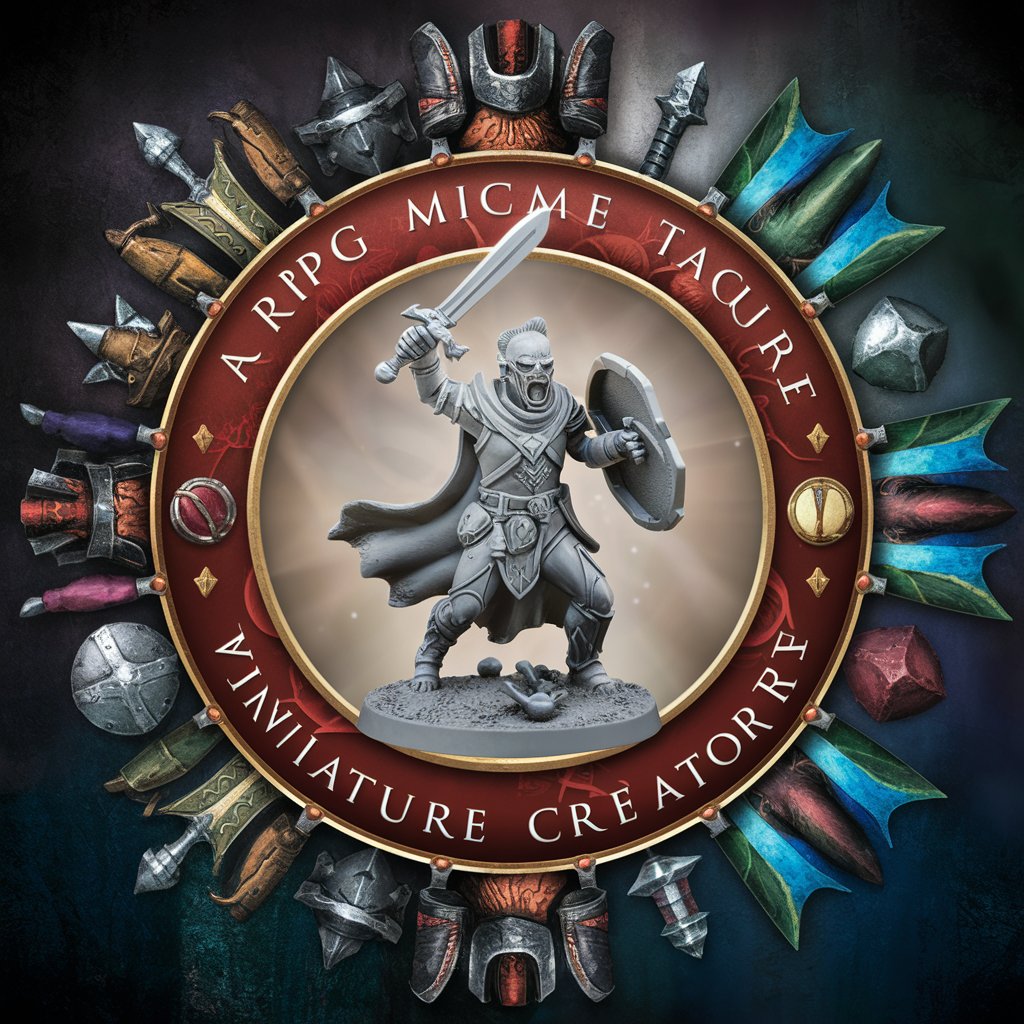
🎶 Songquiz - Wann kam's denn raus? (5.0⭐)
AI-powered music guessing game
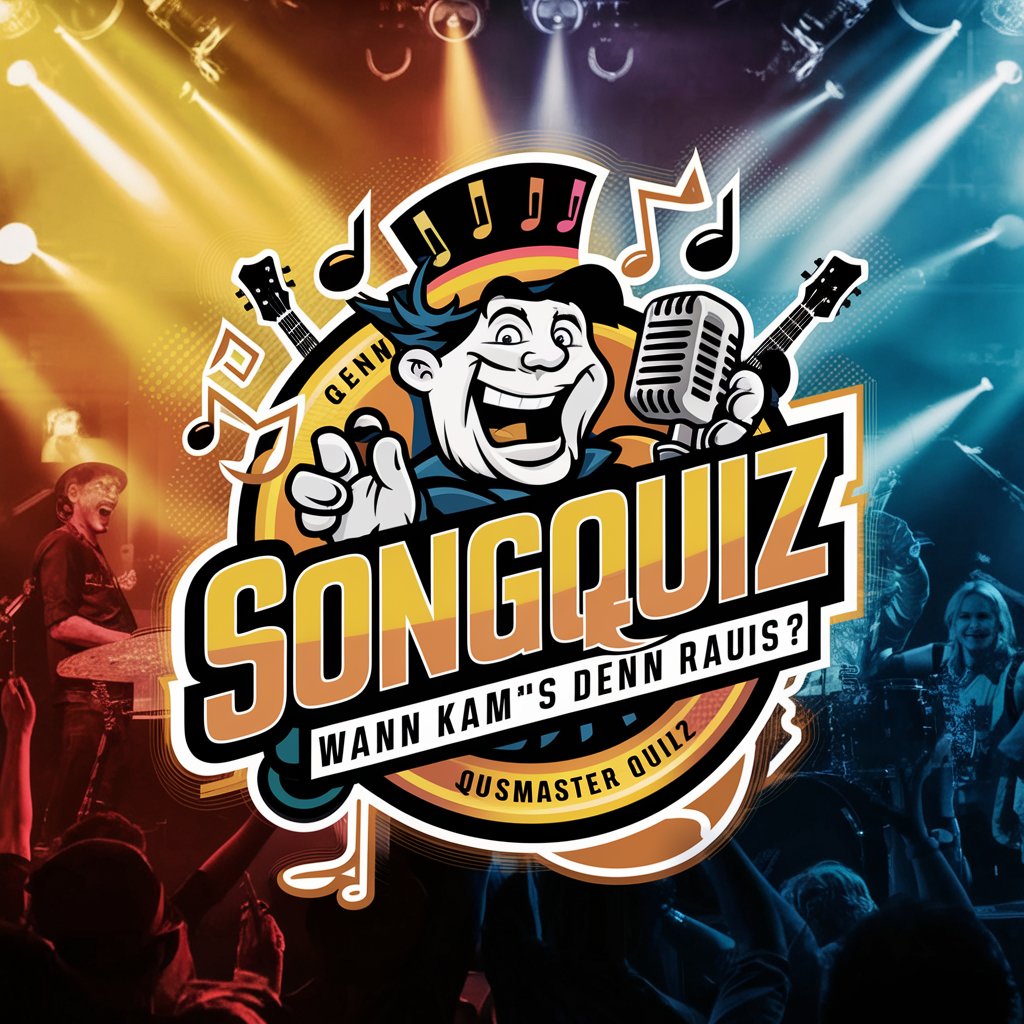
Playwright Bot (by BrowserCat)
Automate the web with AI power.
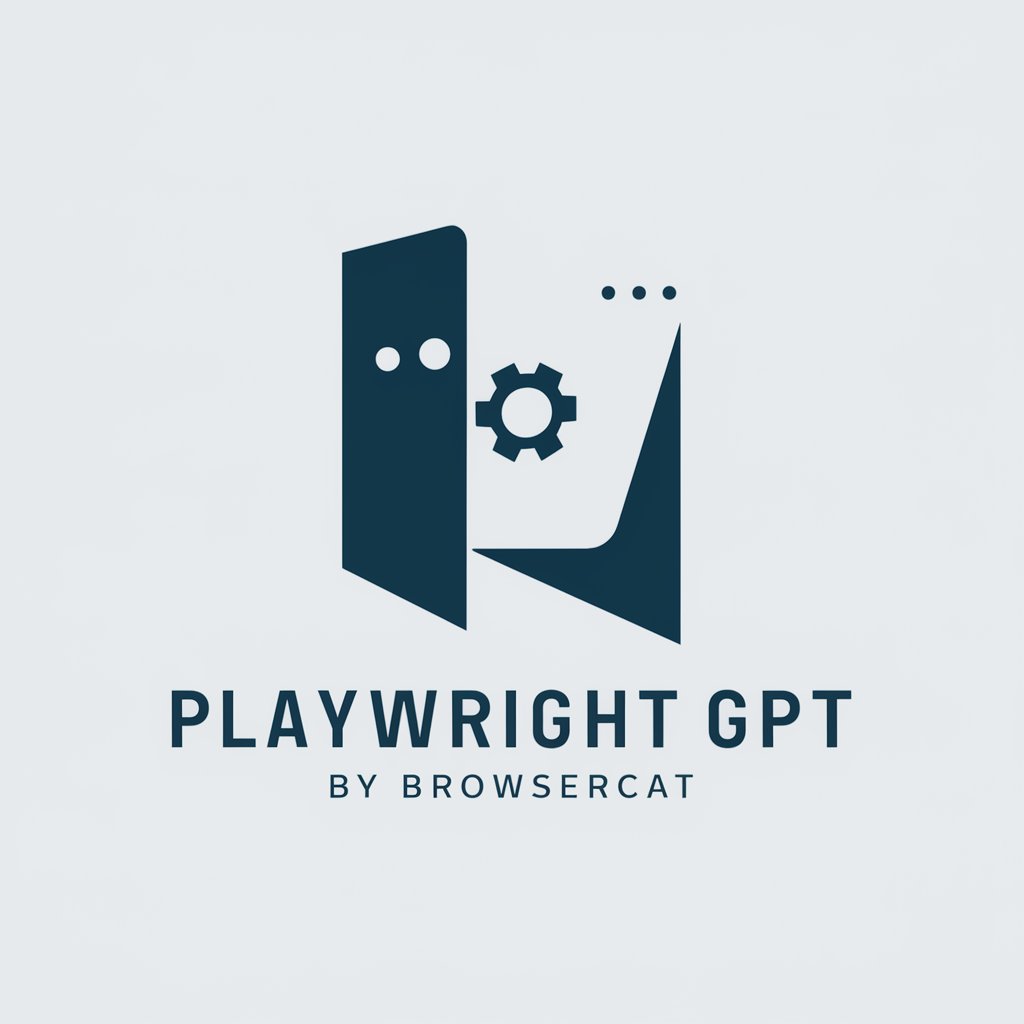
Sommelier GPT
AI-powered Sommelier at Your Service

Ley de Bases para Argentina.
Empowering Argentine Freedom through Law
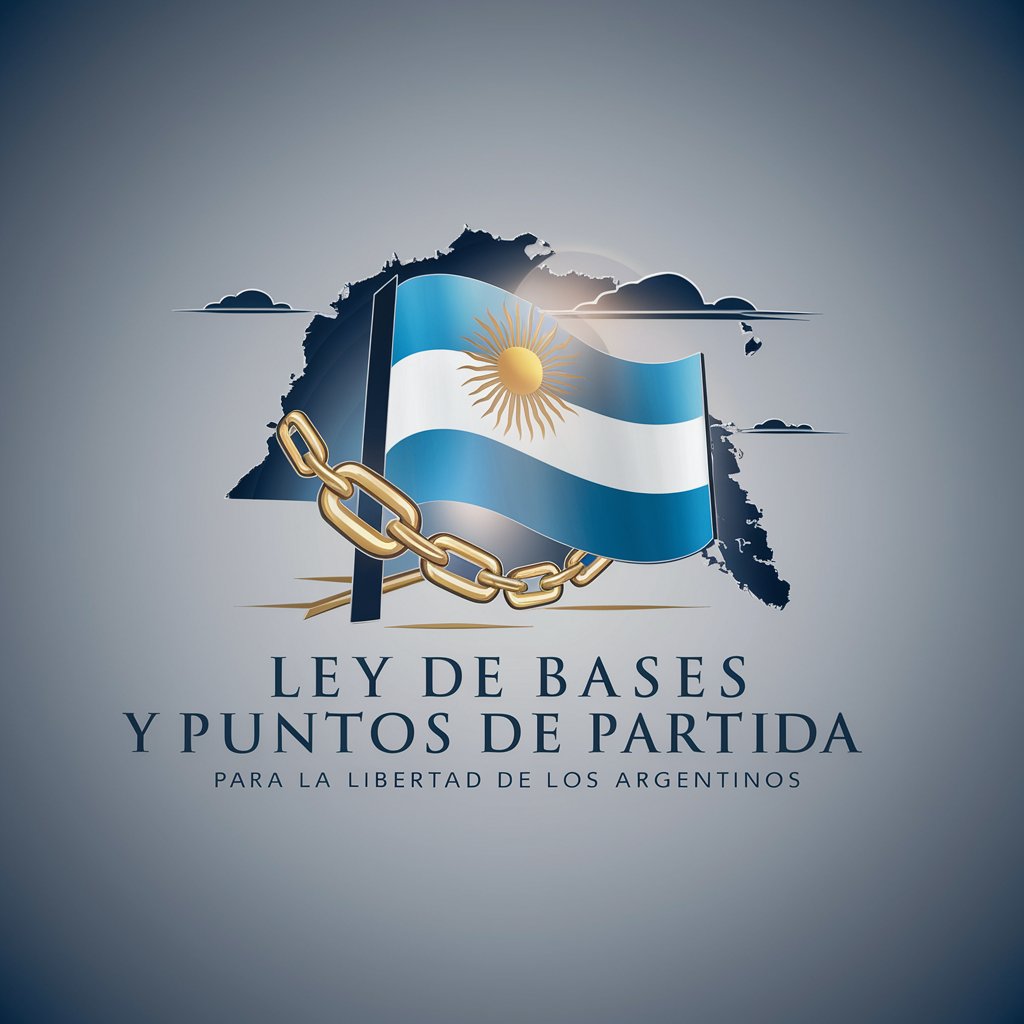
Prepper Guide
Empowering your preparedness journey with AI.

Frequently Asked Questions About The AI Lawsuit
What is the focus of The AI Lawsuit?
The AI Lawsuit specializes in providing detailed analysis and insights into the legal case involving The New York Times, Microsoft, and OpenAI.
Can The AI Lawsuit interpret legal terminology?
Yes, it can interpret legal terminology, making complex legal jargon accessible to users with various levels of legal knowledge.
Is The AI Lawsuit useful for legal professionals?
Absolutely, legal professionals can use it for gaining insights into the case, understanding legal arguments, and keeping updated with the lawsuit's progress.
How does The AI Lawsuit handle user queries?
It asks for clarifications if needed and provides responses based on a detailed analysis of the lawsuit, adhering strictly to the facts provided in its knowledge sources.
Can I use The AI Lawsuit for educational purposes?
Yes, it is an excellent tool for students and educators in law and journalism, offering an in-depth look at a high-profile legal case.
